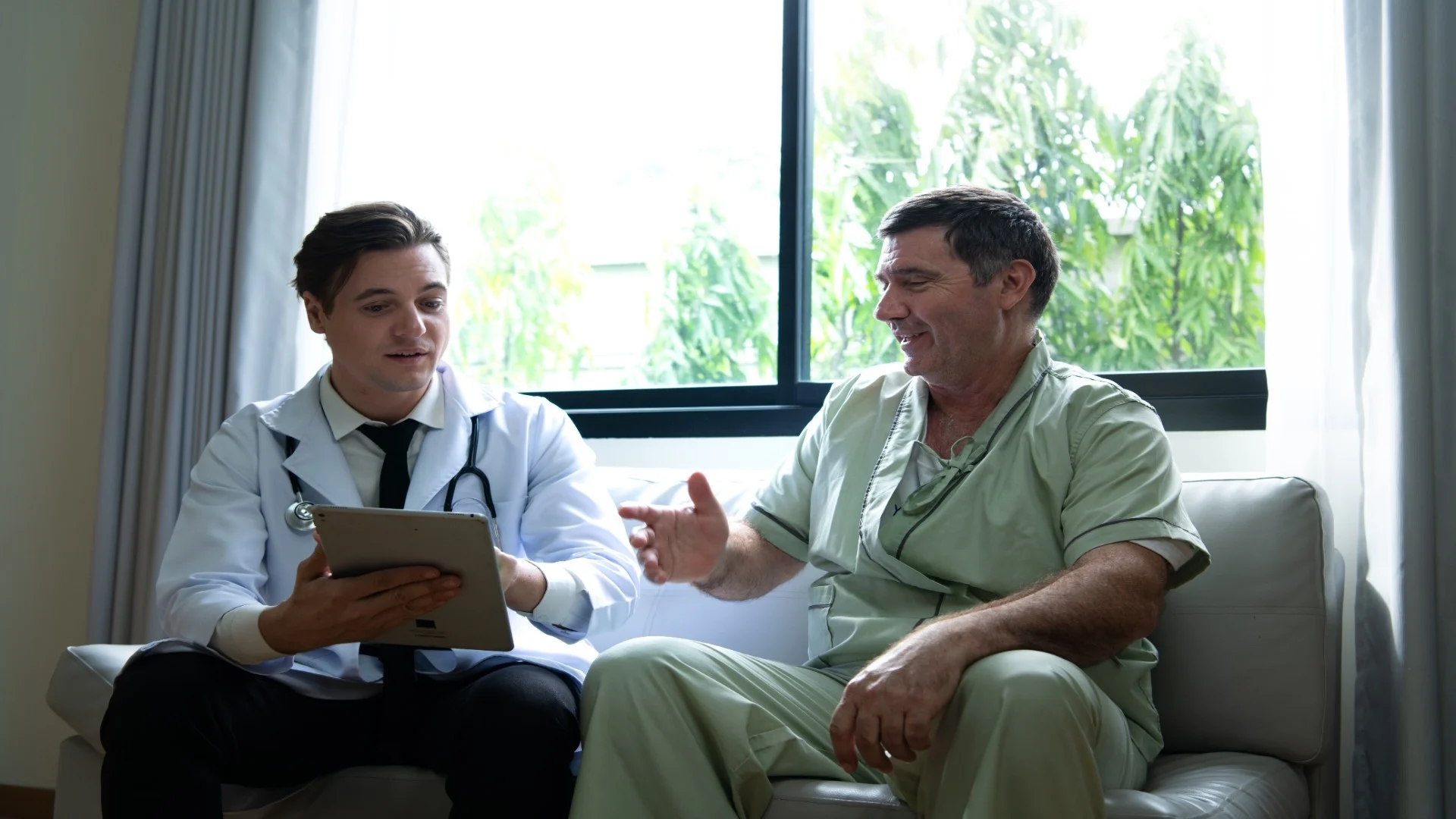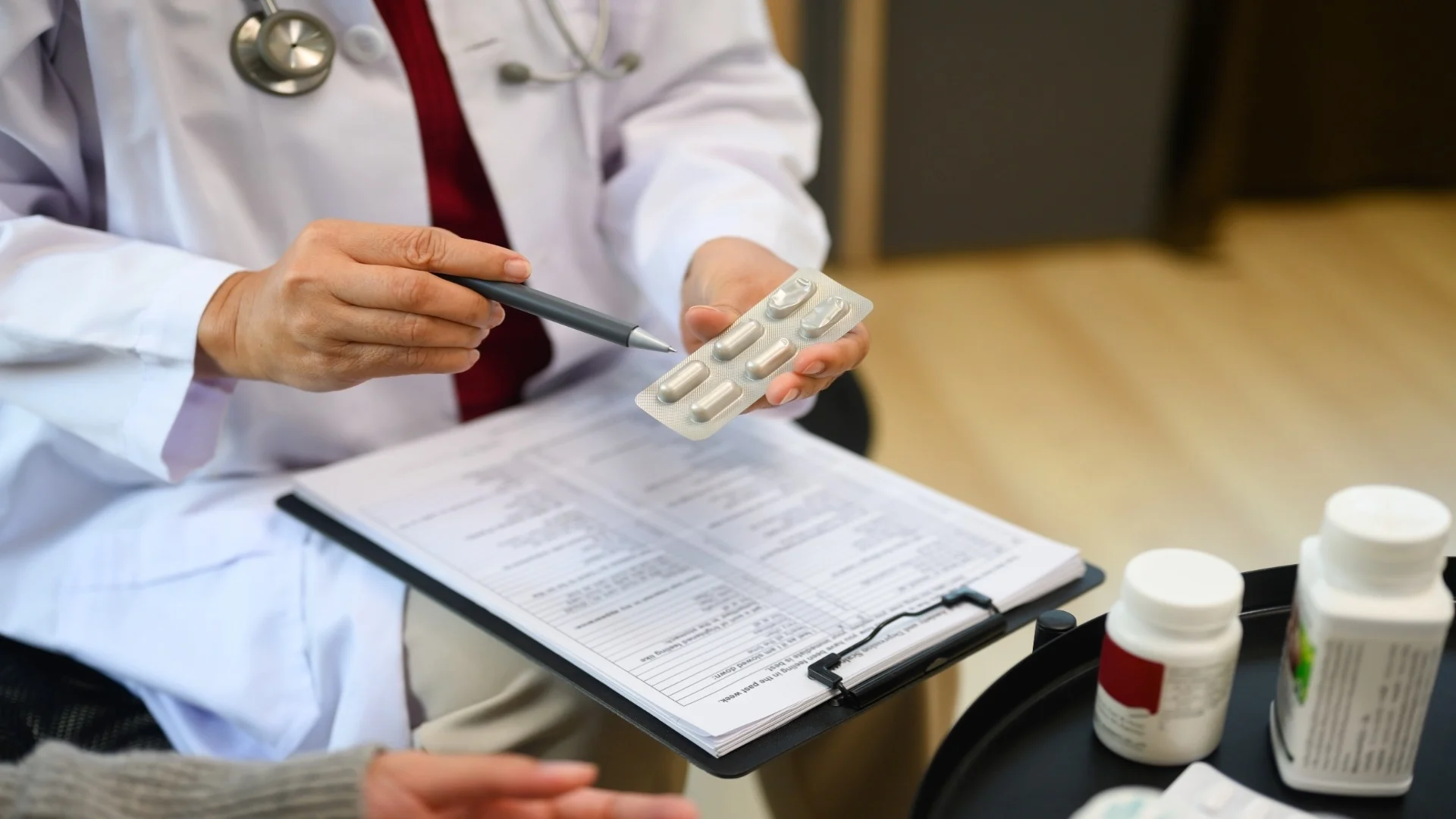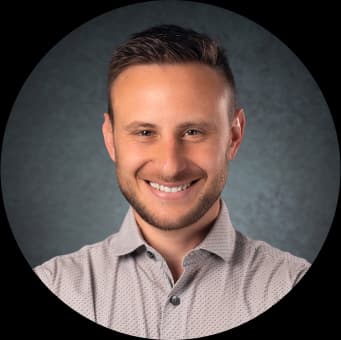Mental Health
Can You Cure Depression? Understanding Treatment, Recovery, and Hope at The Edge Treatment Center

Can you cure depression? Discover how personalized care, therapy, and long-term support can help you achieve a healthier and more fulfilling life.
Can you cure depression? If you or someone you care about is struggling, this question may be weighing heavily on your mind. Depression can feel overwhelming and isolating, but it’s essential to know that help is available and healing is possible. At The Edge Treatment Center, we understand the challenges of living with depression.
Our compassionate team offers personalized treatment plans designed to support your mental health and long-term recovery. Whether you’re facing depression alone or alongside addiction or other issues, you don’t have to go through it without support. There is hope—and we’re here to help you find it.
Why Depression Happens—And Why It Matters

Depression can affect anyone, and understanding why it happens is the first step toward effective treatment and lasting recovery.
Biological Causes of Depression
Depression often has a biological basis. It can be linked to chemical imbalances in the brain, particularly involving neurotransmitters like serotonin, dopamine, and norepinephrine. Genetics also play a role—if depression runs in your family, you may be more likely to experience it. Hormonal changes and certain medical conditions, such as thyroid disorders or chronic illnesses, can also contribute.
Psychological and Emotional Triggers
Psychological factors such as low self-esteem, chronic stress, unresolved trauma, or negative thought patterns can increase your risk of depression. People who have experienced emotional neglect or abuse may be more vulnerable. Over time, untreated emotional pain can evolve into deeper depressive symptoms.
Environmental Factors
Your environment can significantly affect your mental health. Stressful life events—such as the loss of a loved one, unemployment, financial pressure, or lack of social support—can trigger or worsen depression. Living in an unsupportive or chaotic environment can make recovery even more challenging.
The Real Risks of Untreated Depression
When depression goes untreated, it can take a serious toll. It may lead to physical health problems, disrupt your relationships, reduce work performance, and increase the risk of substance use and addiction. For some, it can even become life-threatening. That’s why early intervention is critical.
At The Edge Treatment Center, we understand that depression is about more than just feeling sad—it’s a serious mental health condition that deserves compassionate, expert care. We offer personalized treatment that addresses every aspect of your life, helping you or your loved one begin a meaningful path to recovery.
Evidence‑Based Treatment Approaches
Treating depression effectively requires more than a one-size-fits-all solution. At The Edge Treatment Center, we use a range of evidence-based treatments tailored to your unique needs, helping you build a solid foundation for long-term recovery.
Therapy
Therapy is a core component of depression treatment. Cognitive-behavioral therapy (CBT) helps you identify and change negative thought patterns, while interpersonal therapy (IPT) focuses on improving relationships and communication.
Group therapy provides support and shared healing through connection with others who face similar struggles. At The Edge, we personalize therapy to ensure you get the approach that best fits your situation.
Medication

For many, medication can make a significant difference in their lives. Common options include SSRIs (Selective Serotonin Reuptake Inhibitors), SNRIs (Serotonin-Norepinephrine Reuptake Inhibitors), and other antidepressants.
These work by correcting chemical imbalances in the brain, though they often work best when combined with therapy for more profound healing
We work closely with trusted medical providers to assess whether medication is proper for you and monitor your response throughout treatment.
Brain‑Based Therapies
When traditional therapies don’t provide enough relief, advanced options like Electroconvulsive Therapy (ECT) or Transcranial Magnetic Stimulation (TMS) may be considered.
ECT is typically used for severe or treatment-resistant depression, while TMS is a non-invasive option that stimulates specific brain areas involved in mood regulation. Both have shown positive results in individuals who haven’t responded to other treatments.
Holistic & Alternative Supports
Your lifestyle plays a decisive role in your recovery. That’s why we also emphasize holistic supports—regular exercise, quality sleep, and balanced nutrition all help stabilize mood.
Mindfulness practices, such as meditation or yoga, can help reduce stress. Others may find added relief through acupuncture or specific supplements. At The Edge Treatment Center, we guide you in creating a lifestyle that strengthens your mental health and supports your healing journey.

We’re Here To Help You Find Your Way
Would you like more information about mental health or drug addiction? Reach out today.
Co‑Occurring Challenges: Addiction and Depression
When depression and addiction occur together, they create a challenging cycle that requires specialized, comprehensive treatment to overcome.
The Link Between Depression and Addiction
Depression and addiction often appear together, creating a cycle that’s hard to break. Many individuals with depression turn to drugs or alcohol as a way to numb emotional pain or escape daily struggles. Unfortunately, substance use only worsens depression over time, affecting brain chemistry, mood, and behavior. Studies show that nearly one in four adults with a mental health disorder also struggles with a substance use disorder.
The Impact of Co‑Occurring Disorders
When depression and addiction coexist, it’s called a co-occurring disorder or dual diagnosis. These conditions feed off each other—depression can drive addictive behavior, while addiction can deepen feelings of hopelessness and despair. Without integrated treatment, progress is often short-lived, and relapse becomes more likely.
How The Edge Treatment Center Treats Both
At The Edge Treatment Center, we understand the unique challenges of treating co-occurring disorders. That’s why we offer dual-diagnosis care that addresses both depression and addiction together.
Our personalized treatment plans include individual therapy, psychiatric care, medication support, and addiction recovery services. This integrated approach ensures that both conditions are treated effectively, helping you build a stronger, more stable foundation for lasting recovery.
Personalized, Long‑Term Recovery — The Edge Approach

Lasting recovery from depression and addiction requires a personalized, long-term approach that supports you every step of the way.
Individualized Assessment and Treatment Planning
At The Edge Treatment Center, effective recovery starts with understanding your unique story. From your first contact with us, our clinical team conducts a thorough assessment to explore your mental health history, substance use patterns, medical background, and personal goals.
This information allows us to create a personalized treatment plan tailored specifically to your needs, because no two journeys through depression and addiction are the same.
Family Involvement and Support
Healing doesn’t happen in isolation. That’s why we actively involve your loved ones in the recovery process when appropriate. Through family therapy sessions, education, and regular communication, we help rebuild trust and foster a stronger support system around you. Families play a crucial role in long-term recovery, and we’re here to support everyone through this journey together.
Relapse Prevention and Aftercare
Proper recovery doesn’t end when a treatment program does—it’s a lifelong process. Our team equips you with essential tools and coping strategies to manage future challenges and avoid relapse.
Before you transition out of our care, we help you develop a detailed aftercare plan that may include continued therapy, support groups, outpatient care, or alumni services. We’re committed to walking beside you well beyond your time at The Edge, helping you maintain lasting stability and health.

We’ll Lead You to New Heights
Do you have more questions about mental health or drug addiction? Reach out.
Struggling with Depression? We’re Here to Help You Heal
Depression can feel overwhelming, but you don’t have to face it alone. While there may not be a simple “cure,” effective treatment and lasting recovery are possible. At The Edge Treatment Center, we offer compassionate, personalized care to help you regain control of your life.
Whether you're battling depression on its own or alongside addiction, our team is here to support your healing every step of the way. If you or someone you care about is struggling, please reach out today. Your path to a healthier, more hopeful future starts with one courageous step.
Can Depression Be Cured Permanently?
Depression usually can’t be cured permanently, but many people reach remission, where symptoms significantly improve or disappear. However, depression can return, so long-term management with therapy, medication, and support is often necessary to maintain stability and prevent relapse.
What Are the Main Treatments for Depression?
Depression is typically treated with a combination of therapy, such as CBT or interpersonal therapy, and medication like SSRIs or SNRIs. Advanced options, including TMS and ECT, may be considered when other treatments are ineffective. Personalized care improves long-term outcomes.
How Long Does Depression Treatment Take?
Treatment time varies, but medications often take 4–6 weeks to show results, while therapy may continue for several months. Long-term support, including follow-up care and relapse prevention, helps maintain recovery and adjust treatment as your needs evolve.
Can Lifestyle Changes Alone Cure Depression?
Lifestyle changes, such as regular exercise, balanced nutrition, quality sleep, and mindfulness, can help ease symptoms. However, they usually aren’t enough alone. For most people, combining healthy habits with professional treatment offers the best chance for relief and long-term recovery from depression.
How Do I Know if I Need Professional Treatment?
If depression interferes with your work, relationships, or daily life, or you feel persistently sad, hopeless, or have thoughts of self-harm, it’s time to seek help. Professional treatment can provide the support and tools you need to start feeling better.

We’re Here To Help You Find Your Way
If you or a loved one is struggling with addiction, there is hope. Our team can guide you on your journey to recovery. Call us today.
Written by
The Edge Treatment Center
Reviewed by
 Jeremy Arzt
Jeremy ArztChief Clinical Officer
Mental Health
October 7, 2025
